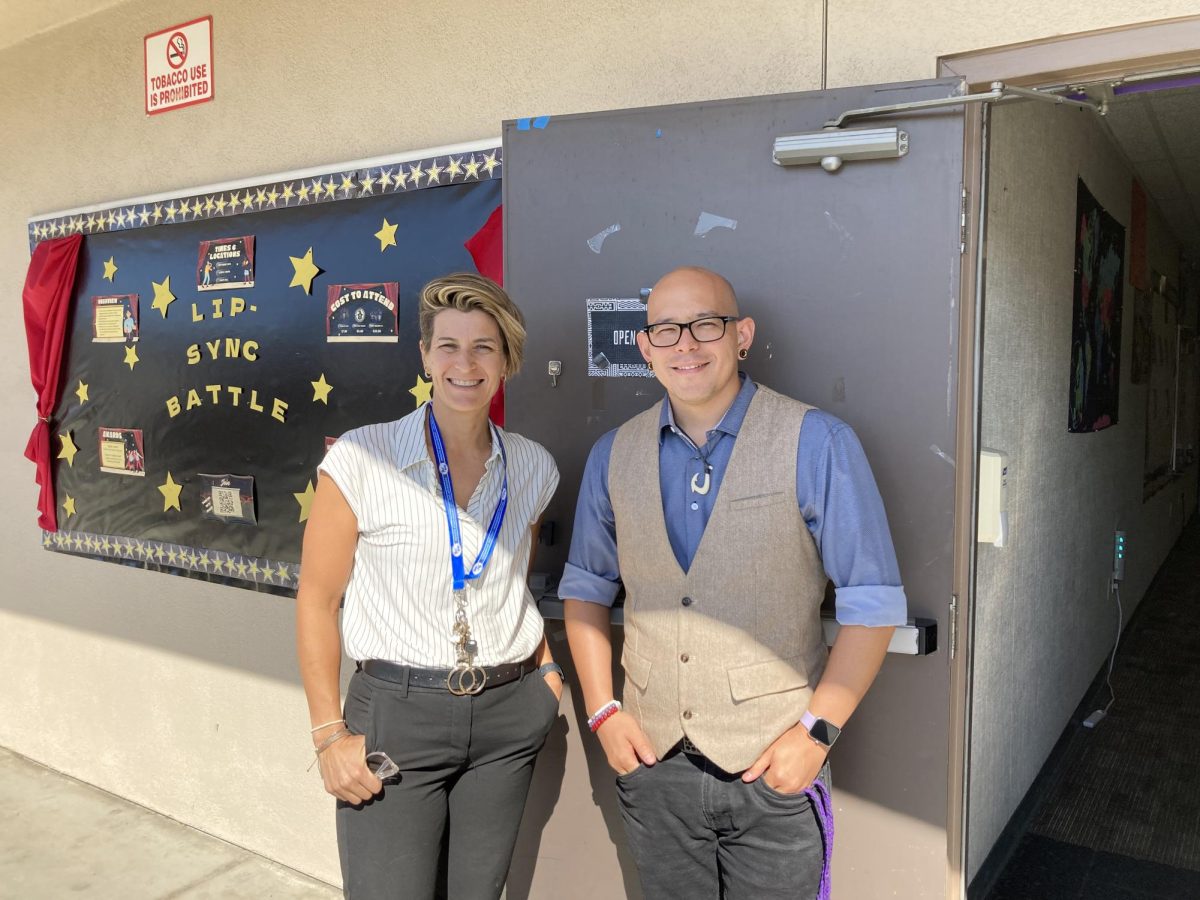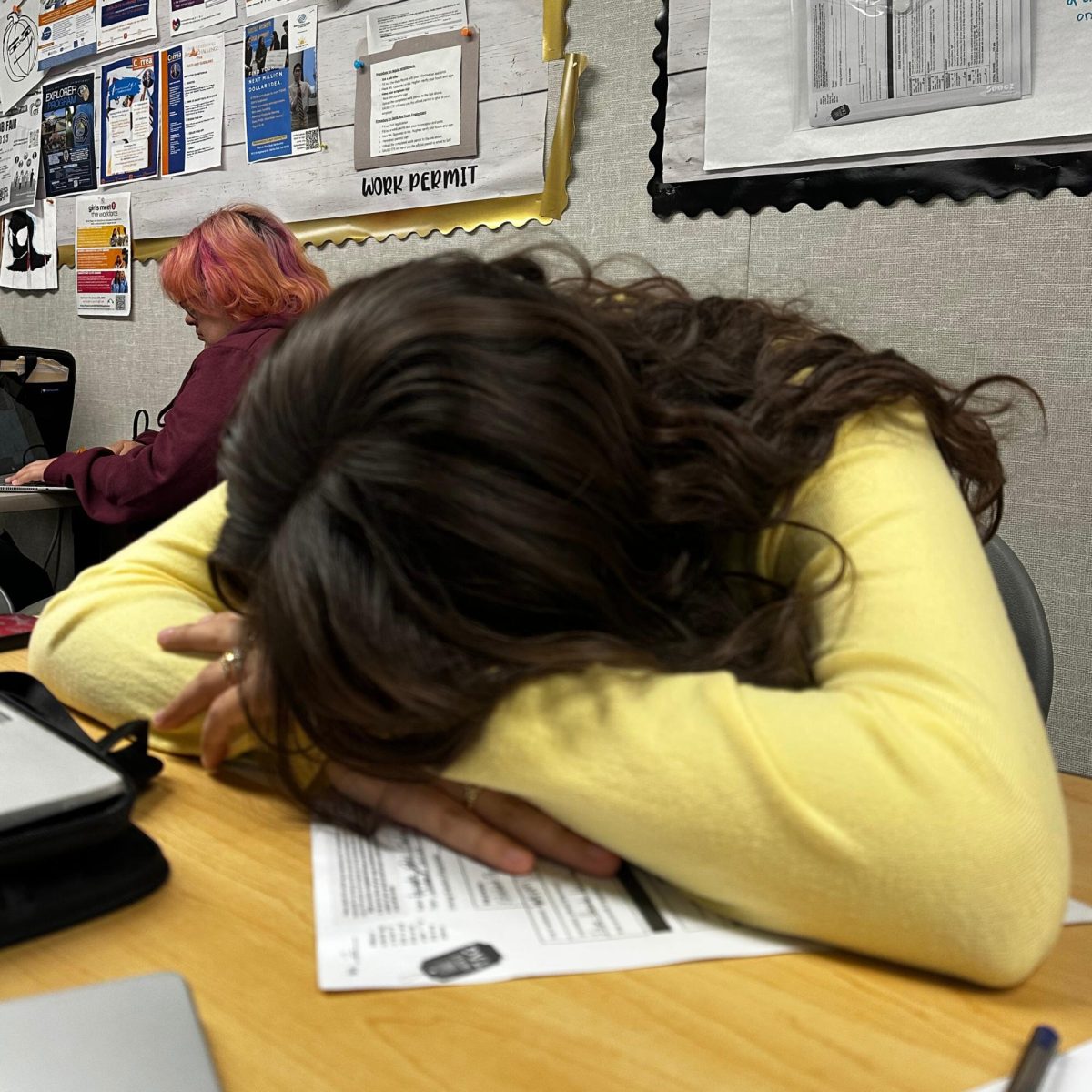For high school students, sleep is not just rest; it’s crucial for maintaining health, focus and readiness. Experts recommend teenagers get 8-10 hours of sleep each night, but many fall short due to late-night homework, stress and screen time. Sleep plays a big role in how students do in school and how they feel during the day. This lack of sleep can lead to feeling tired, moody and unable to concentrate in class, significantly impacting students’ learning, energy and mental health.
Students from various grades shared their experiences, highlighting how insufficient sleep affects their daily lives.
Sophomore Erin Arizmendi finds that insufficient sleep makes school much harder for her.
“I usually get about four hours of sleep, six if I’m lucky, on a school night. It makes it really hard for me to focus; I can’t remember things in class, and sometimes I even have to leave because I don’t feel okay. When I don’t sleep enough, I get stressed and fall behind. But when I do sleep well, I feel better and more ready for the day,” Arizmendi said.
Sophomore Daniel Olivares also feels the impact of sleep deprivation.
“I feel angry and tired when I don’t sleep enough. Not sleeping enough makes my schoolwork harder. I think schools should give nap time to help,” Olivares said.
Homework is one of the biggest reasons students say they stay up late. Many also mention that using phones at night keeps them from falling asleep earlier.
Sophomore Viridiana Jimenez said that when she does not get enough sleep, it is hard to pay attention.
“I feel like I get enough sleep so it doesn’t affect my school work, but when I don’t get enough sleep I feel that I can’t concentrate on my teacher or anyone. I think a lot of my classmates don’t get enough sleep. I definitely get moody when I don’t get enough sleep,” Jimenez said.
Junior Benjamin Jaime highlights how his attention wanes during class when he’s sleep-deprived.
“When I don’t sleep enough, I catch myself daydreaming in class. I think students stay up because of homework and stress. Less homework could help,” Jaime said.
Sophomore Valeria Corcuera believes that adjusting school start times to 9:30 a.m. could provide the extra sleep they need.
“I get around seven hours of sleep. It’s not perfect, but I still do my work and stay focused. I think school should start later, like at 9:30, so students can sleep more,” Corcuera said.
With so many students feeling the effects of not getting enough sleep, finding ways to rest better is important. There are some simple steps students can take to help improve their sleep and feel more ready for each day.
To get better sleep, students can try going to bed and waking up at the same time every day, even on weekends. This helps the body get used to a routine. It also helps to stop using phones, computers, or watching TV at least one hour before going to sleep. These screens can make it harder to fall asleep. Doing something calm like reading a book, listening to quiet music, or taking a warm shower can help the body relax. Finishing homework earlier in the day can also make the night less stressful. These small changes can help students feel more awake, focused, and ready to learn at school.
Every student has a different schedule, but most agree that sleep matters a lot. Without enough rest, it is harder to stay awake, be focused and feel good. As schools look for ways to support students, helping them get more sleep could be a simple but powerful step toward better learning and well-being.

































